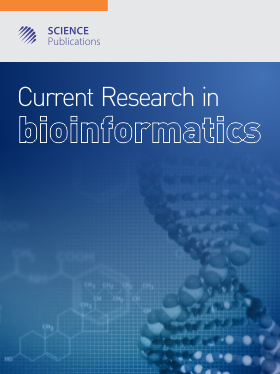Bayesian Determination of Disease Associated Differences in Haplotype Blocks
- 1 Harvard University, United States
- 2 Yale University, United States
Abstract
Problem statement: While experimental ascertainment of haplotype blocks in the genome-scale case-control studies is expensive, accurate computational phasing is still a daunting task for bioinformatics approaches. We used a statistical method to determine differences, potentially associated with a certain disease, in linkage disequilibrium block boundaries in whole-genome Single Nucleotide Polymorphisms (SNPs) data. Approach: We utilized a Bayesian model for calculating the posterior probabilities of the block boundaries in the SNPs data and used Metropolis-Hastings algorithm to sample from that posterior distribution. Our method was applied to search for haplotype-block boundary differences associated with two autoimmune diseases: Type I Diabetes (T1D) and Rheumatoid Arthritis (RA). Results: We located the regions on chromosome 6 with significant control-case difference in haplotype blocks around the SNPs and genes that were previously known to be associated with T1D and RA (in the HLA complex), as well as around genes whose association with the autoimmune diseases should be further explored in future studies. Conclusion/Recommendations: The statistical approach explored in this study provides an efficient and accurate way to study connection of haplotype-block differences to multiple important diseases.
DOI: https://doi.org/10.3844/ajbsp.2012.20.29

- 4,871 Views
- 3,340 Downloads
- 0 Citations
Download
Keywords
- Linkage disequilibrium
- autoimmune diseases
- HLA complex
- type 1 diabetes
- rheumatoid arthritis
